Give your loved ones a gift with a donation!
A ray of hope for those who need it most.
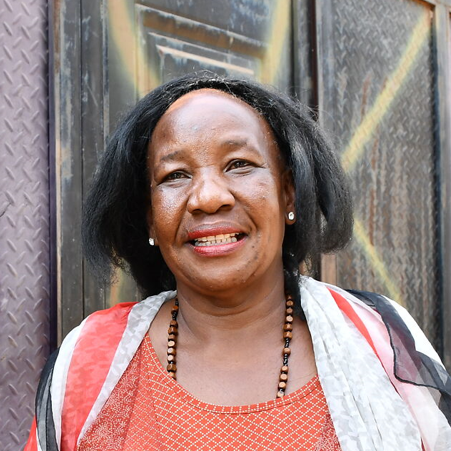
"Thanks to workshops, we can get people to think beyond ethnic boundaries and act together."
Nora Zangabeyo, social worker in South Sudan
South Sudan is one of the poorest countries in the world. The great poverty and violence mean that the everyday lives of the population are characterized by many conflicts. Women and children are particularly affected.
Nora Zangabeyo stands up for them. Nora loves her fellow human beings. A ray of hope in her everyday life are workshops supported by Mission 21, which Nora Zangabeyo is always able to lead. The course topics are conflict prevention, peacebuilding and psychosocial support. The workshops are more important than ever, as peace in South Sudan is extremely fragile.
Peruvian Elva Apaza Quispe's everyday life was uncertain. Her family of eight lives in the high Andes at almost 4,000 meters above sea level. The soil is poor and Elva Apaza struggled to grow vegetables and achieve a sustainable yield.
Our local partner organizations support Elva with further training in sustainable agriculture. Elva learned to grow more diverse crops in a small greenhouse and to produce organic fertilizer. Today, Elva harvests enough vegetables to provide her family with regular, healthy meals.
"Thanks to training, we harvest more and healthier vegetables and can keep our soil fertile."
Elva Apaza Quispe, farmer from Peru

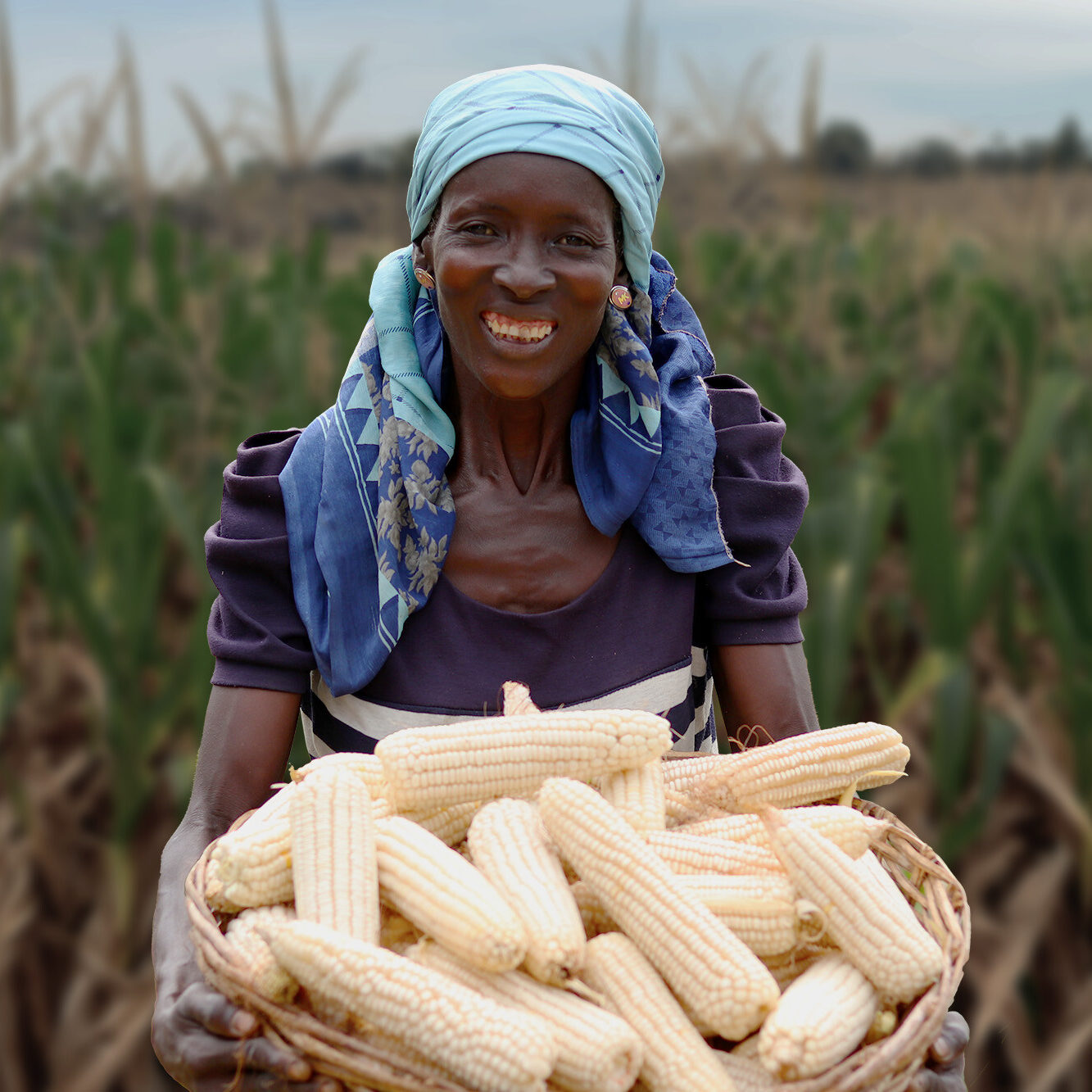
"I have learned a lot and will pass it on to others."
Ladi Zachariah, farmer from Nigeria
Ladi Zachariah lives in north-eastern Nigeria. She plants beans, peanuts and maize, but the harvests are poor and Ladi says: "My family has too little to eat". The soil is becoming less fertile; as a result of global warming, there are more frequent droughts and more severe flooding.
Thanks to educational opportunities offered by Mission 21's local partner organizations, Ladi is supplementing traditional knowledge with agroecological methods. This enables her to harvest more from healthier soil and feed her family better.
Your gift donation for a ray of hope:
Your gift donation for a ray of hope:
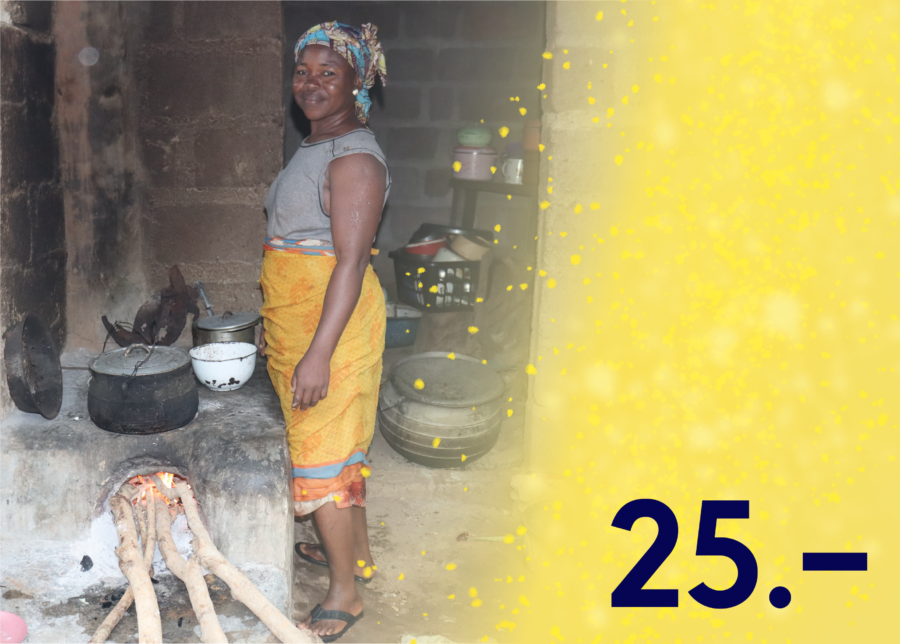
Energy-efficient cooking oven
With 25 francs, a farmer's wife in Nigeria buy an energy-efficient cooking oven.
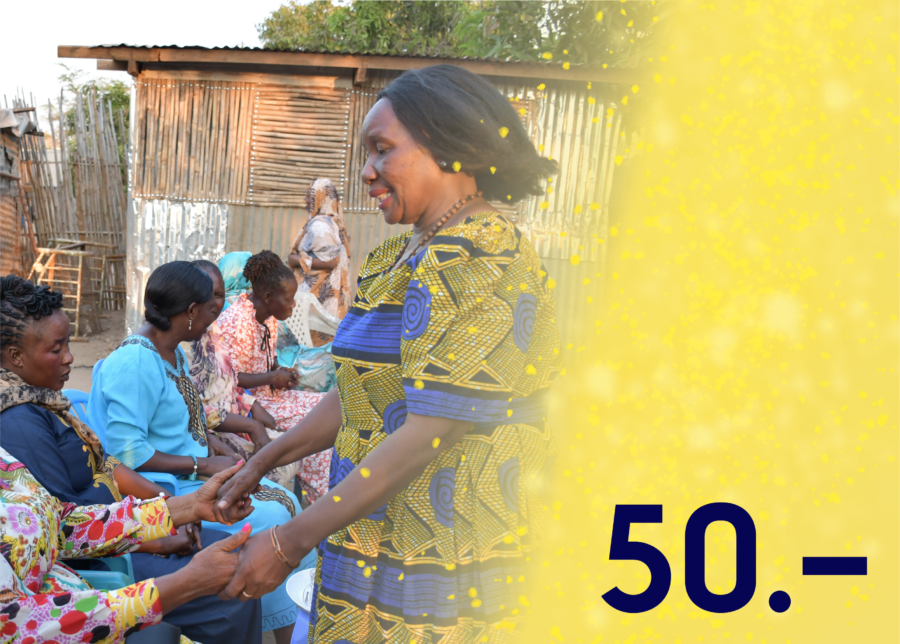
Workshop for women affected by violence
With 50 francs, women affected by violence in the South Sudan in a month-long workshop.
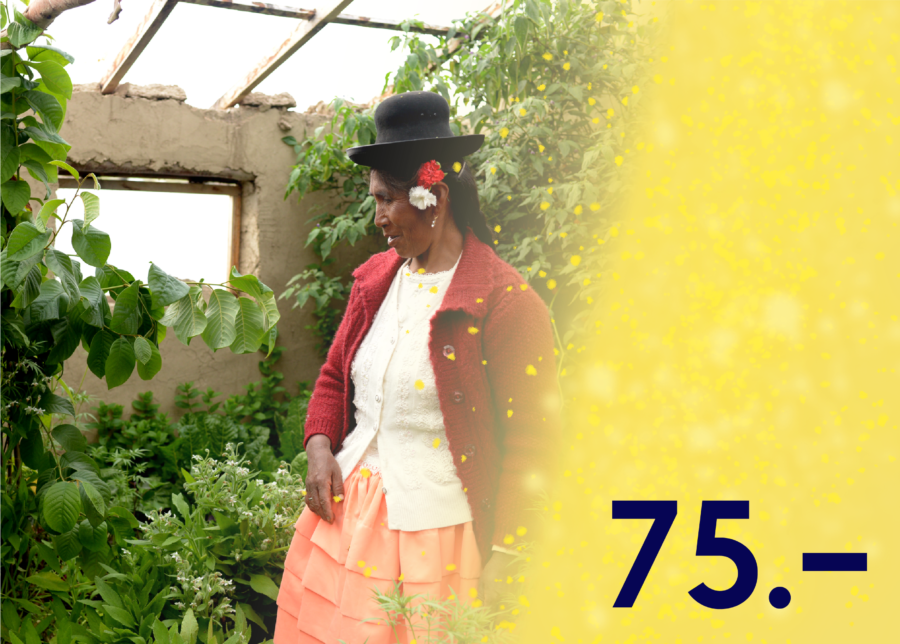
Training in agroecology
With 75 francs, a farmer's wife in Peru or Bolivia attend further training in agroecology.
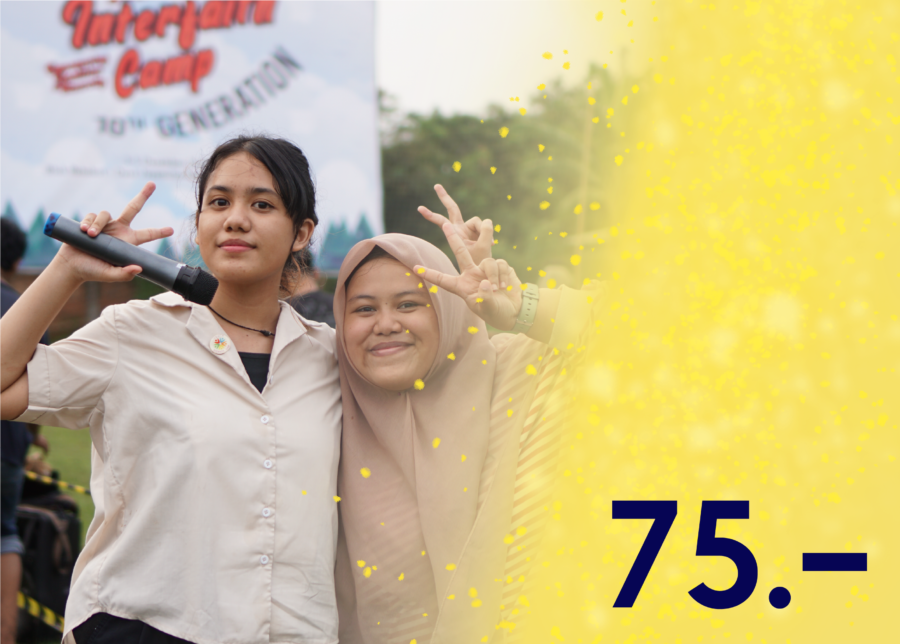
Interfaith youth camp
With 75 francs you enable in Indonesiathat young people from different religions take part in an interfaith youth camp.
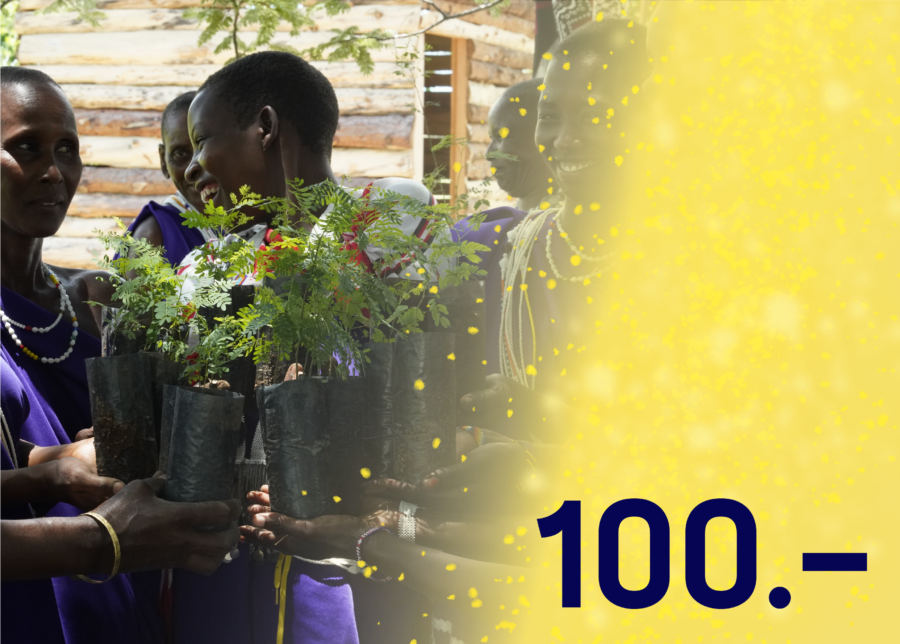
400 tree seedlings
For 100 francs, women farmers in Tanzania plant 400 tree seedlings to counteract erosion.
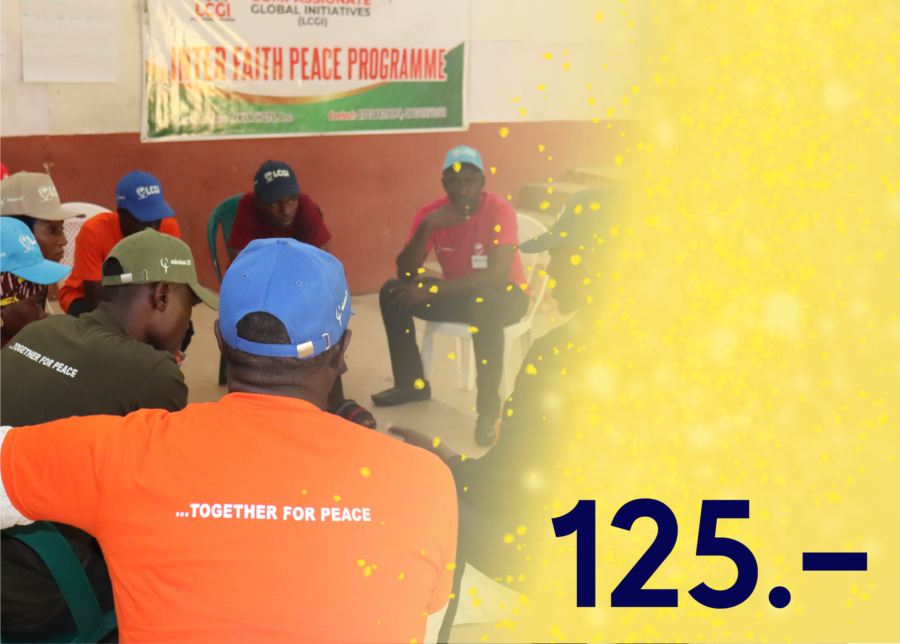
Peace training for young people
With 125 francs, ten young people in Nigeria take part in a workshop on non-violent conflict resolution.
What we have achieved with our local partner organizations

Mission 21 is active in 15 countries in Africa, Asia and Latin America as part of international cooperation for sustainable development and with humanitarian aid for peacebuilding, education, health, food sovereignty and gender equality. In this way, we contribute to achieving the UN Sustainable Development Goals.


